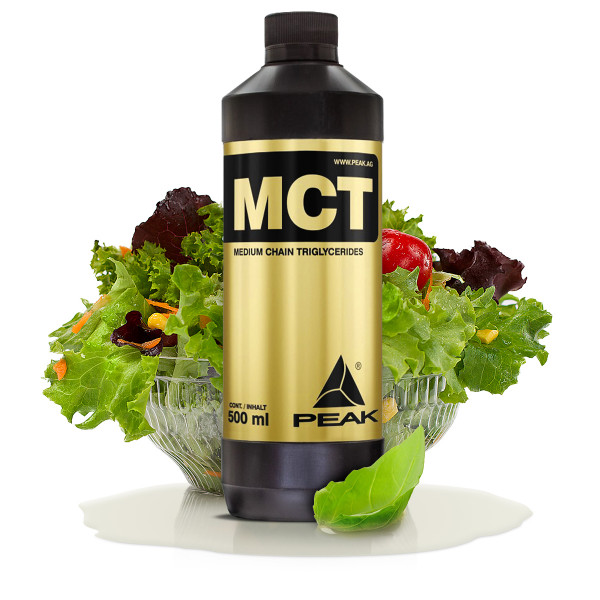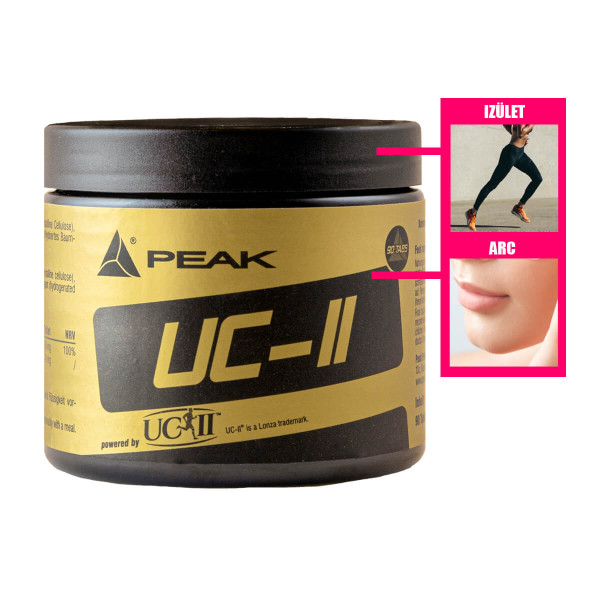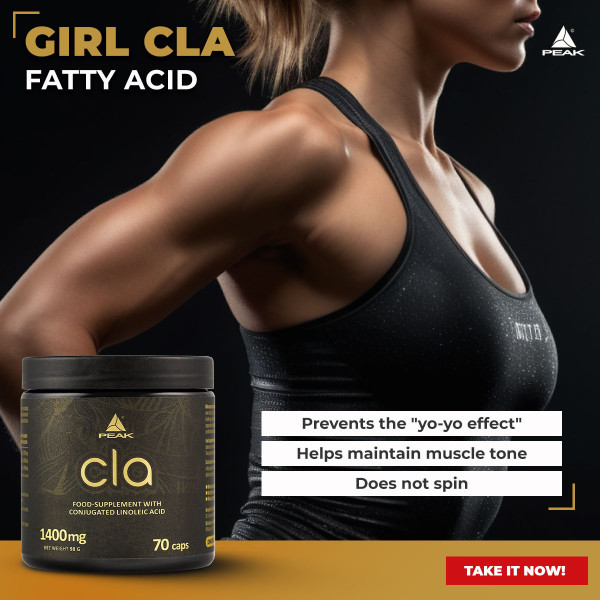- Description
-
Betaine is a naturally occurring amino acid that was first discovered during the processing of sugar beets. A white, pH-neutral substance that is easily soluble in water. Dissolved in water, it has an extremely good moisturizing effect and protects the skin and mucous membranes. Its beneficial nutritional and physiological effects are due to its excellent nutritional value, coloring matter, high fiber content, favorable composition of elements (especially magnesium), rich vitamin and especially folic acid content.
Betaine (BET) is an amino acid that has been shown to have potential benefits in fighting heart disease, improving body composition, and promoting muscle growth and fat loss. This is mostly due to the fact that it promotes protein synthesis in the body.
THAT is why it is included in dietary supplements. Probably the most widely researched benefit of betaine is that it supports the conversion of the amino acid homocysteine to methionine in the blood. Although amino acids are critical compounds needed for many body functions, studies show that high levels of homocysteine can be harmful to blood vessels, potentially leading to plaque buildup and a condition called atherosclerosis (clogged arteries).
In short, it is for:
1. Supports heart health
2. It has an anti-inflammatory effect.
3. It can help increase muscle mass.
4. It can help you burn fat.
5. Helps liver function and detoxification.
6. It can help digestion.
7. Helps relieve pain.
8. It helps to repair the physical damage caused by alcoholism.
9. It can support skin health.
So your organization supports you from SEVERAL SIDES, and even more specifically, but still in headlines, this is what Betain is for, and it can help you with this:
Heart - and vascular system
Betaine can help prevent and treat arteriosclerosis.
It can help prevent vascular diseases (it functions as a methyl donor that reduces homocysteine levels).
Betaine can lower blood pressure.Immunsystem
Betaine can help treat and prevent allergies.
Betaine is able to kill the Helicobacter pylori pathogen from the body, which is the most widespread bacterium in the gastrointestinal tract.Metobolism
Betaine can improve athletic performance by increasing the body's energy levels and oxygen utilization).
- increase the body's energy levels.
- help the body's detoxification processes.
- improve the body's use of oxygen.
- increase endurance.
Nervous system
Betaine may delay the progression of Alzheimer's disease. Betaine can improve the condition of autistic patients. Betaine may improve behavior and mental function in children with Dawn syndrome.Skin
Betaine may be useful in the treatment of hives due to the hydrochloric acid content of betaine hydrochloride.
The betaine (trimethylglycine) content of beets is extremely high (300-600 mg/kg). 99% pure betaine powder can be produced from beet root extract. The antioxidant effect of betaine is now well known. It inhibits a series of oxidation processes in the body that have a harmful effect.
Betaine has a special ability to break down homocysteine. Homocysteine is a non-proteinogenic amino acid, meaning it cannot be used to form vital proteins. On the contrary: homocysteine can cause a lot of damage to our human body.
If we have too much in our body, it can affect the blood vessels and thus lead to cardiovascular diseases. In addition, high levels of homocysteine can contribute to diseases such as depression, dementia, eclampsia, neural tube defects, and macular degeneration. Therefore, it is even more important to keep the level of homocysteine in the blood as low as possible.
Betaine TMG can counteract this. Since homocysteine is formed from the essential amino acid methionine, it can be converted back to methionine by methylation. This requires a methyl group. This is exactly what Betaine can help with.
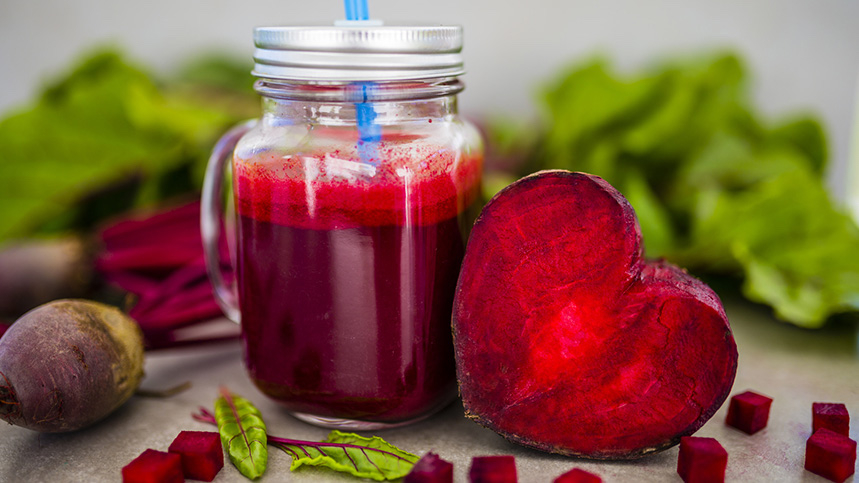
What is TMG (trimethylglycine) and what does TMG do?
Trimethylglycine (TMG) protects the cardiovascular system by neutralizing harmful homocysteine while providing valuable nutritional support for healthy liver function. TMG acts as a methyl donor, providing extra methyl groups to speed up the conversion of harmful homocysteine into the biologically safe and useful amino acid, methionine. Methyl donors such as TMG and folic acid are required for the conversion of homocysteine to methionine and for the accurate synthesis of DNA and RNA, which is essential for normal cell production. When a TMG methyl group is donated to a homocysteine molecule, it is converted to the non-toxic amino acid methionine and then to S-adenosyl methionine (SAMe).
Damage to methylation leads to abnormal cell synthesis and elevated levels of homocysteine, a toxic amino acid and a serious health risk. Methylation can be inhibited by improper functioning of key enzymes, excessive protein and fat intake, poor diet, inadequate intake of methyl groups, coffee, alcohol or smoking
TMG, also known as betaine anhydrous, acts as a methyl donor that is important in a wide range of physiological reactions in the body. TMG works closely with other methyl donors, including choline, folic acid, vitamin B12, and s-adenosylmethionine (SAMe), and is also a precursor for carnitine synthesis.
During its metabolism in the body, TMG is converted to dimethyl glycine (DMG). In Russia, DMG is widely used as a sports performance enhancer and has recently become popular among American athletes. TMG is a cheaper alternative that may have the same effects as DMG because it is converted to DMG in the body.
TMG has also been suggested as a less expensive substitute for S-adenosylmethionine (SAMe) in conditions where SAMe is used, such as osteoarthritis and depression. However, there is no evidence that it is effective for these purposes.
References used:
Lv, S., et al. Betaine supplementation attenuates atherosclerotic lesion in apolipoprotein E-deficient mice. European Journal of Nutrition. 48(4):205-212, 2009.
Schwab, U., et al. Betaine supplementation decreases plasma homocysteine concentrations but does not affect body weight, body composition, or resting energy expenditure in human subjects. American Journal of Clinical Nutrition. 76(5):961-967, 2002.
Ozturk, F., et al. Carbon tetrachloride-induced nephrotoxicity and protective effect of betaine in Sprague-Dawley rats. Urology. 62(2):353-356, 2003.
McDade, M. C. Betaine hydrochloride. In: Gale Encyclopedia of Alternative Medicine. Gale Group. 2001.
Armstrong, L. E., et al. Rehydration with fluids containing betaine: running performance and metabolism in a 31 C environment. Med Sci Sports Exerc. 35(5):S311, 2003.
Balkan, J., et al. The effect of taurine or betaine pretreatment on hepatotoxicity and prooxidant status induced by lipopolysaccharide treatment in the liver of rats. Eur J Gastroenterol Hepatol. 17(9):917-921, 2005.
Kidd, P. M. Autism, an extreme challenge to integrative medicine. Part II: medical management. Alternative Medicine Review. 7(6):472-499, 2002.
Knopman, D., et al. An open-label, 24-week pilot study of the methyl donor betaine in Alzheimer disease patients. Alzheimer Dis Assoc Disord. 15(3):162-165, 2001.
Rawls, W. B., et al. Chronic urticaria associated with hypochlorhydria or achlorhydria. Rev Gastroenterol. 18:267, 1951. - Ingredients
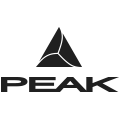
Peak
13c, Fausermillen, 6689 Mertert, LuxembourgPeak Betain TMG Termékleírás/Product description: Szív-és érrendszeri betegségek, demencia megelőzését segítő étrendkiegészítő kapszula növényi kivonatokkal./Dietary supplement capsule with plant extracts to help prevent cardiovascular diseases and dementia.. Összetevők/Ingredients: Vízmentes betain (82%), térfogatnövelő anyag (mikrokristályos cellulóz), kapszulahéj (hidroxi-propil-metil-cellulóz), csomósodást gátló anyag (zsírsavak magnéziumsói)./Anhydrous betaine (82%), bulking agent (microcrystalline cellulose), capsule shell (hydroxypropylmethylcellulose), anti-caking agent (magnesium salts of fatty acids)./ Ajánlott adagolás/Recommended dosage: 4 kapszula/4 capsules Minőségét megőrzi/Best before: A doboz alján jelzett időpontig: 24 hónap bontatlan csomagolásban. Felbontás után 3 hónapon belül fogyassza el./See mark bar at the bottom of the jar: 24 months in unopened jar. After opening, consume it in 3 months. Tárolási javaslat/Storage: Száraz, hűvös, közvetlen fénytől védett helyen tartandó./Keep it in a cool and dry place, away from direct light. Kiszerelés/Amount: 120 kapszula - 900 mg, 108 g - 30 napi adag/ 120 capsules - 900 mg, 108 g - 30 daily doses Nutrition facts /1 portion* Trimetil-glicin (TMG) (vízmentes betain formájában) 2500 mg *1 napi adag 4 kapszulának felel meg Ennek a terméknek a pontos összetétele változhat, mivel a gyártók és a beszállítók értesítés nélkül jogosultak a továbbfejlesztésre. Ezért bár MINDENT megteszünk, hogy a Peakshop.hu oldalain, minden információ NAPRAKÉSZ legyen, az itt közölt adatok ez esetben is tájékoztató jellegűek. Ha Neked bármelyik információ kiemelten fontos, kérlek emailben tájékozódj! A termék adagolása eltérhet a különböző országok hatóságai által ajánlott adagolási javaslataitól. A peakshop.hu oldalain található információk, szolgáltatások, cikkek nem helyettesíthetik szakember véleményét, ezért kérjük minden esetben fordulj szakorvoshoz betegség esetén! A táplálék kiegészítők nem gyógyszerek. Az étrendkiegészítők és a különleges táplálkozási célú élelmiszerek csak élelmiszerek, nem gyógyítanak, előznek meg betegségeket vagy helyettesítenek gyógyszereket és semmiképpen sem alkalmasak a kiegyensúlyozott változatos étrend kiváltására. A termékek használatával az eredmény nem garantált, hatása egyénenként eltérő lehet. Bátran keress minket, ha bizonytalan vagy, segítünk! Email: support@peakshop.hu
The exact composition of this product may vary, as manufacturers and suppliers are entitled to make improvements without notice. Therefore, although we do EVERYTHING we can to ensure that all information on the Peakshop.hu website is UP TO DATE, the data provided here is for informational purposes only. If any of the information is particularly important to you, please contact us by email for more details! The dosage of the product may differ from the dosage recommendations of the authorities in different countries. The information, services, and articles on the peakshop.hu website are not a substitute for professional medical advice, so please always consult a specialist in case of illness! Dietary supplements are not medicines. Dietary supplements and foods for special nutritional purposes are only foods, they do not cure or prevent diseases or replace medicines, and are in no way suitable for replacing a balanced and varied diet. The use of these products does not guarantee results, and their effects may vary from person to person. Feel free to contact us if you are unsure, we are here to help! Email: support@peakshop.eu
- Customer reviews
-
Customer reviews
You're reviewing: Peak Betaine TMG full-body protection
- Questions
Customer questions & answers
Questions
No questions

